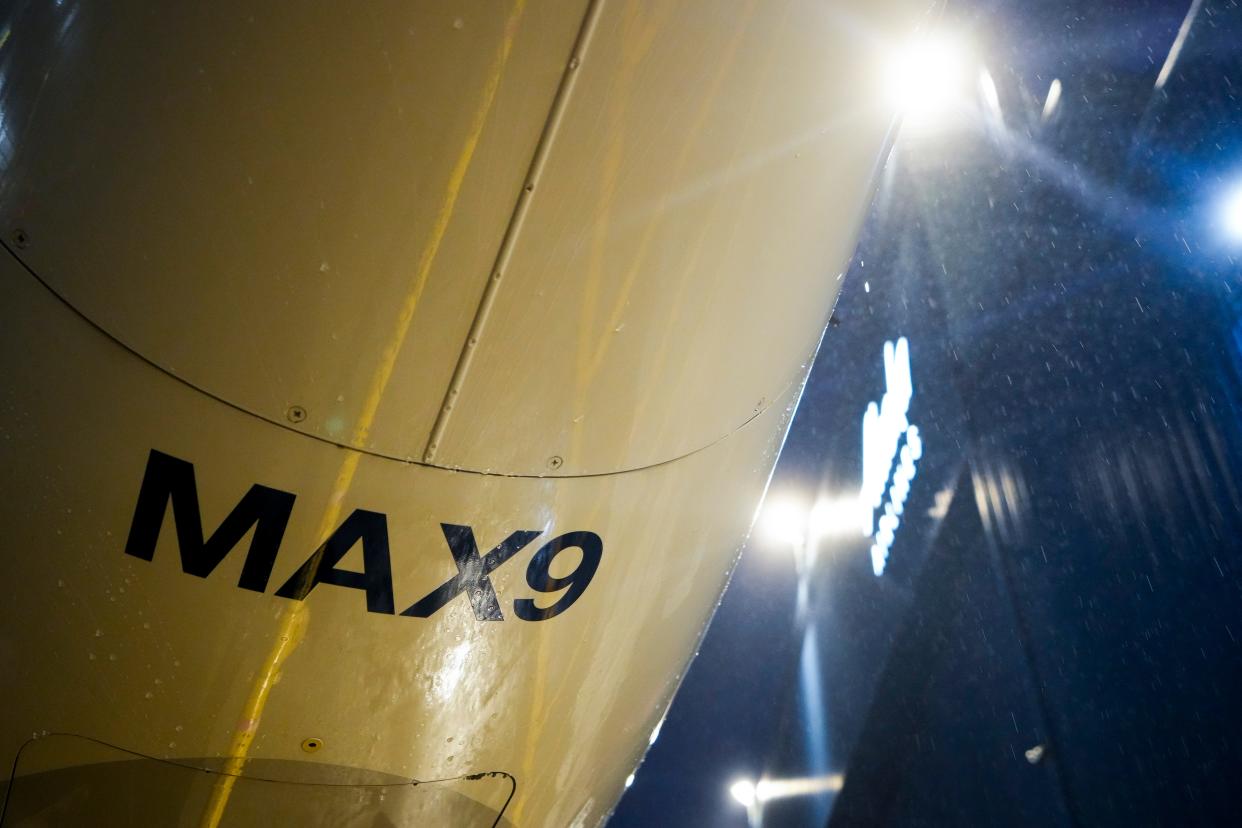FAA panel finds 'disconnect' on safety between Boeing management, other employees
The Federal Aviation Administration’s review panel completed the work of probing Boeing’s Organization Designation Authorizations (ODA) for the design and production of airplanes, and will now begin assessing the recommendations and working with Boeing to implement them.
“We will continue to hold Boeing to the highest standard of safety and will work to ensure the company comprehensively addresses these recommendations,” the agency said in a statement.
The report identified 27 problem areas and included 53 recommendations on how to address them.
“The Expert Panel observed a disconnect between Boeing’s senior management and other members of the organization on safety culture,” the report said, with interviewees from within the company criticizing Boeing’s safety reporting systems and worrying about retaliation for raising issues,
The report said that Boeing’s safety management systems – an industry standard for ensuring everyone at an aviation company feels they have a part to play in the safety of their work and the right to report any issues they may encounter – were in line with international and federal guidelines, but had not been implemented in an effective way throughout the company.
“The procedures and training are complex and in a constant state of change, creating employee confusion,” the report said. “The Expert Panel also found a lack of awareness of safety-related metrics at all levels of the organization.”
In a statement, Boeing said it will take the panel’s recommendations seriously and work to implement them.
“We’ve taken important steps to foster a safety culture that empowers and encourages all employees to share their voice. But there is more work to do,” the statement said. “We will carefully review the panel’s assessment and learn from their findings, as we continue our comprehensive efforts to improve our safety and quality programs.”

Did Boeing ignore safety flags?
The panel also said that Boeing did not take appropriate considerations for human responses to issues when they arise, a criticism the company has faced since the two major 737 MAX crashes, which were ultimately blamed in part on inadequate pilot information regarding a new flight control software that had been installed to make the newest generation of the 737 fly like its predecessors. The report specifically said that Boeing’s design processes suffered from a “lack of pilot input in aircraft design and operation.”
The Expert Panel came together on March 1, 2023, to begin its review – long before the most recent Boeing 737 MAX incident when an Alaska Airlines jet lost a door plug during a mid-flight explosive decompression almost a year later – and has been reviewing Boeing’s safety practices going back to 2009.
Boeing also told USA TODAY it has been working to improve safety since 2019, including by voluntarily implementing a safety management system that year and establishing a Chief Aerospace Safety Office in 2021.
Cruising Altitude: I've covered Boeing's 737 MAX for years. A quick rundown of the issues.
What else did the FAA report find?
The report said that many Boeing employees did not understand the company’s safety culture or its procedures, and recommended making terminology around product safety more consistent across the company and implementing periodic leader-led safety surveys to ensure better comprehension.
It suggested an overall streamlining of Boeing’s safety management systems.
Safety reports that are often submitted informally to managers, which can be effective, according to the panel, but they recommended instituting a process under which managers who receive informal reports document them so they can be tracked and resolved.
Recommended that Boeing’s test pilots, in particular the chief pilot, should have a more formalized role in the company’s decision-making hierarchy.
Zach Wichter is a travel reporter for USA TODAY based in New York. You can reach him at zwichter@usatoday.com
This article originally appeared on USA TODAY: FAA recommends updates to Boeing's safety procedures after probe
